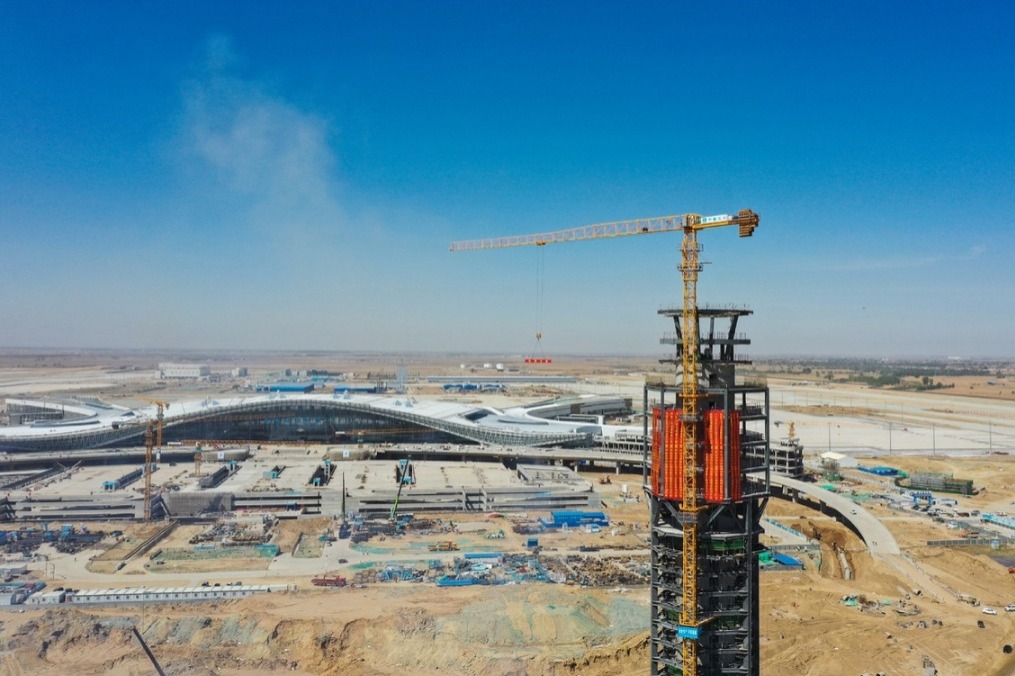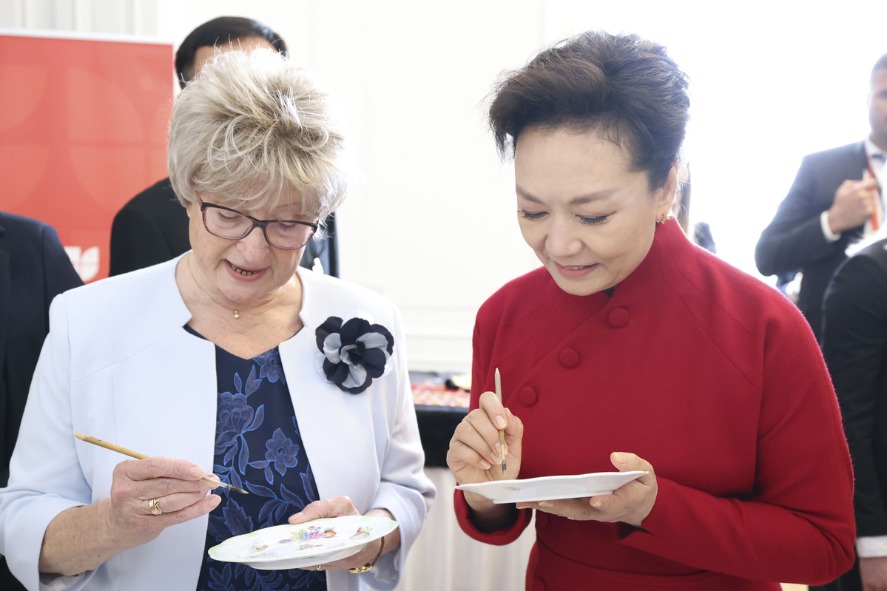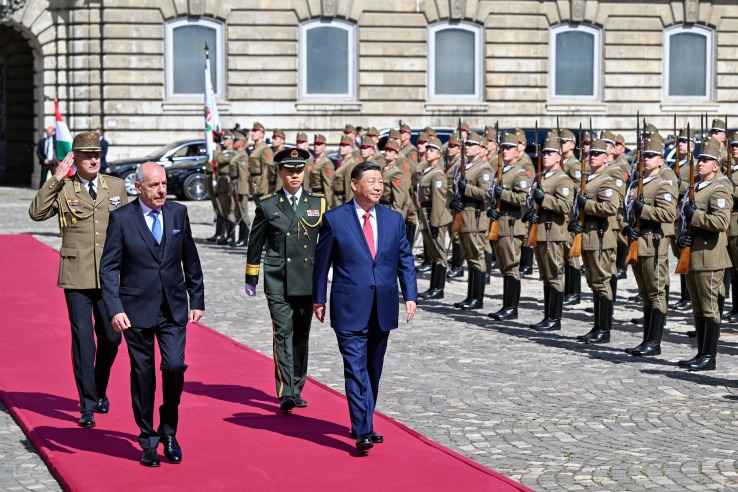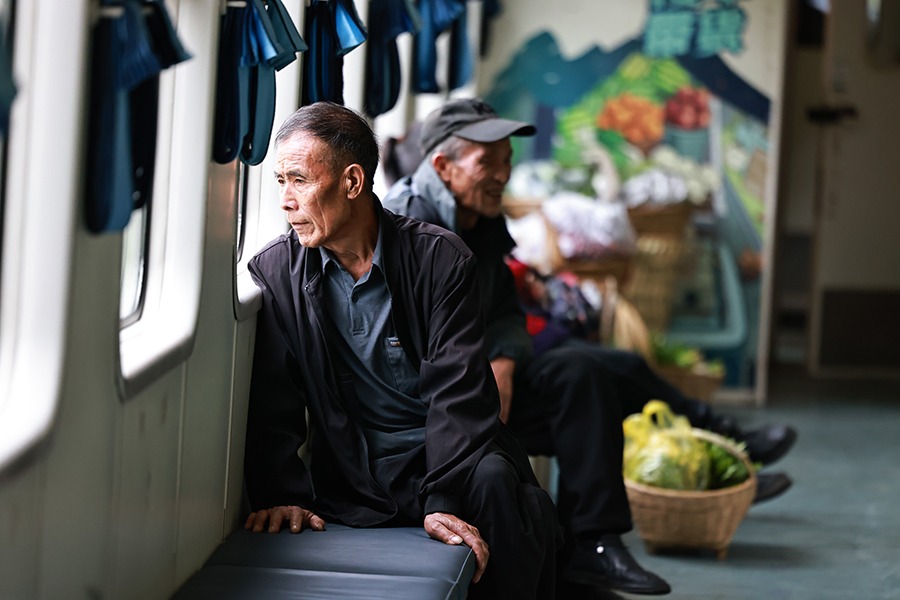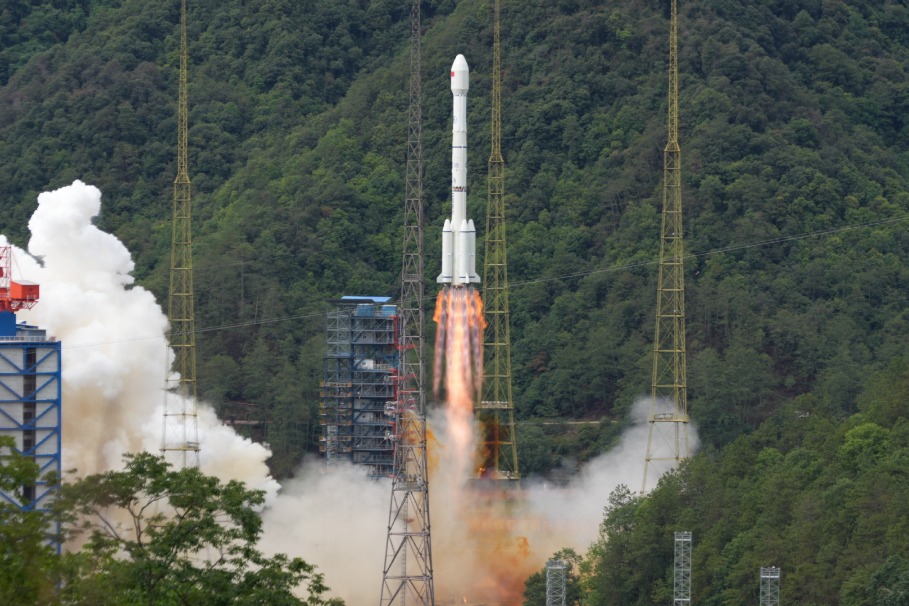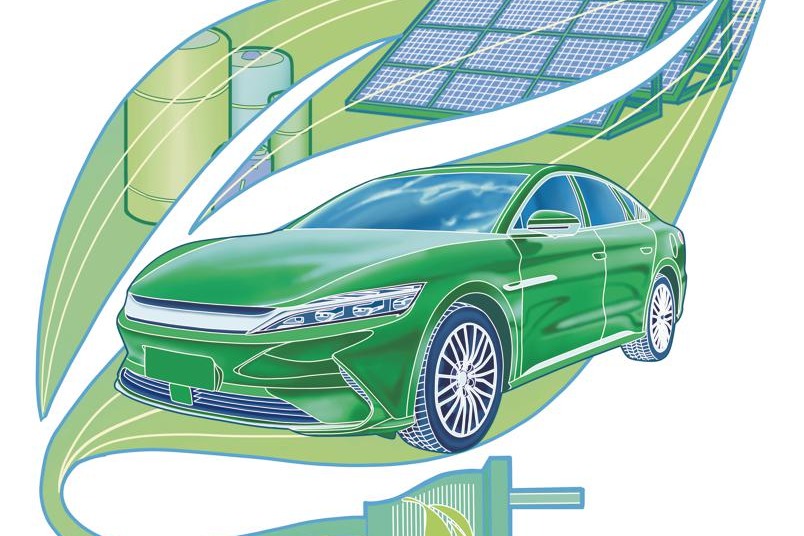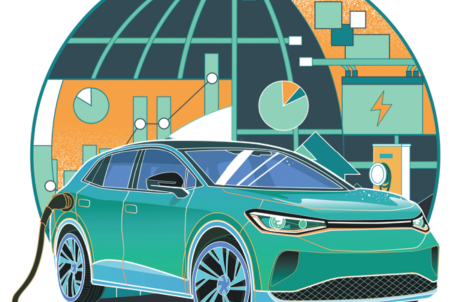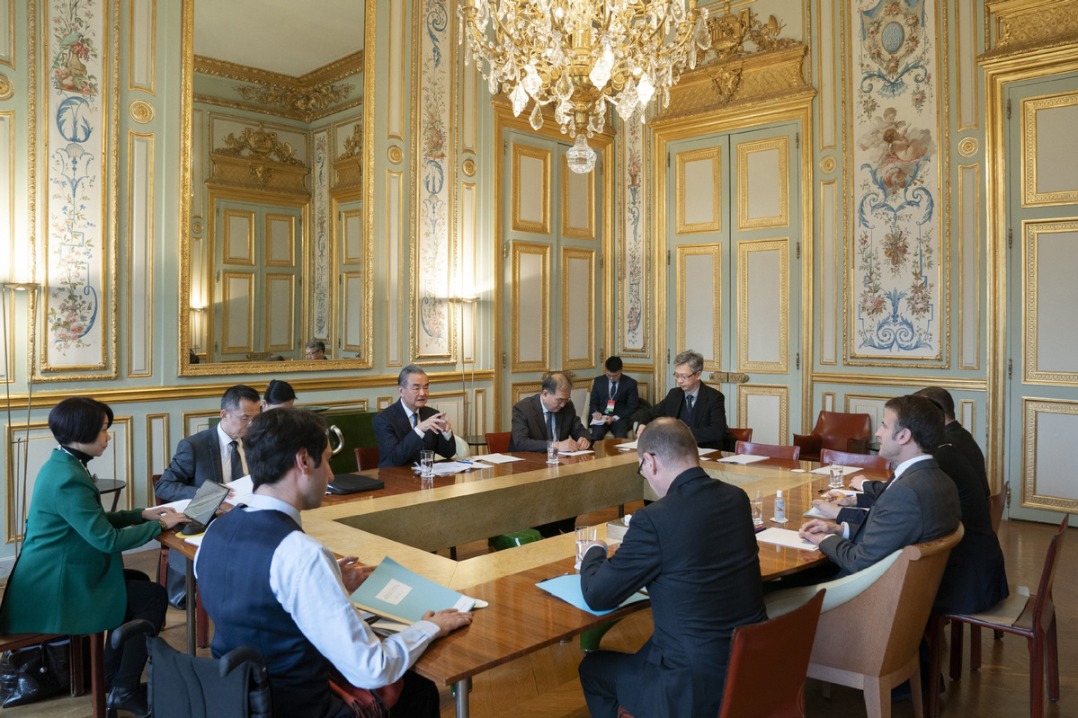Much ado about industrial overcapacity


During her trip to China last month, US Treasury Secretary Janet Yellen raised concerns over China's overcapacity in electric vehicles (EVs), solar panels and rechargeable batteries, claiming that it is putting pressure on the economies of the US and other countries.
In a static sense, Chinese industries may have overcapacity in these sectors, as the capacity utilization rate in China's EV sector is reportedly about 50 percent. China's solar panel production capacity is much higher than the current global demand. In a dynamic sense, however, it is possible that the overcapacity problem will be solved by the growing global demand.
Global EV sales have increased by 67 percent per year between 2021 and 2023, with the International Energy Agency, in its latest report, forecasting that global EV sales are expected to increase by three times from 2023 to 2030. Another IEA report said that in 2023, the installation of solar panels worldwide increased by about 80 percent year-on-year. And it is highly likely that global demand for solar panels will keep growing on the back of advanced economies' pledge to halve their greenhouse gas emissions by 2030 and realize net zero emissions by 2050.
China is the world's largest market both for EVs and solar panels. It had around 60 percent share of the global EV market and 58 percent of the solar panel market in 2023. And since both the domestic and global demands for EVs and solar panels are expected to grow, Chinese manufacturers are understandably expanding their productive capacity.
In such circumstances, would it make economic sense for the government to warn the manufacturers against overcapacity and discourage them from increasing production? Yet the United States and the European Union are considering imposing special (punitive) tariffs on EV and solar panel imports from China. By doing so, however, the US and the EU would only increase the prices of these products, undermining global efforts to achieve green economic transformation.
The overcapacity problem has different impacts on standardized and differentiated products. In the case of standardized products such as steel and basic chemicals, overcapacity will harm all manufacturers in similar ways. If it's difficult for manufacturers to outcompete the others in productivity, overcapacity will become a chronic problem. Therefore, it will be beneficial for the manufacturers to share market information with the help of the government and avoid creating overcapacity.
In the case of differentiated products, however, overcapacity will affect manufacturers differently. While uncompetitive manufacturers may suffer due to overcapacity, competitive ones may find their productive capacity insufficient to meet the demand. Hence, to solve the overcapacity problem in the differentiated product market, market forces should be allowed to weed out the uncompetitive manufacturers and products.
EVs are differentiated products, and all EV manufacturers are exploring advanced technologies and a host of designs to find a niche in the global market. So it would be unfair to accuse some manufacturers, such as Chinese manufacturers, of creating overcapacity, because it is difficult to know in advance which manufacturers will succeed in the competition. And that's exactly what Yellen did — blame Chinese manufacturers for overcapacity — in April.
However, US-based Tesla announced later that it would downsize its global workforce by 10 percent, revealing that it, too, has overcapacity, which Yellen failed to point out.
Solar panels, too, are differentiated products as far as their production technology is concerned. The competition between manufacturers using different technologies and products, from crystalline silicon to various thin-film cells and perovskite cells, will lead to higher efficiency and lower production costs, which in turn will make it easier for economies to transition from conventional energy sources such as thermal, hydro and nuclear power, to renewable energy. On the other hand, excessive tariffs and other forms of protectionist actions will weaken competition and thus hamper the shift from conventional energy to renewable energy.
EVs, solar panels and rechargeable batteries are useful tools to mitigate climate change. To curb global warming, the world will need even more capacity to produce inexpensive and more efficient EVs, solar panels and batteries.
The uneven geographic distribution of productive capacity, which is concentrated in China, may be a problem. But this problem cannot be solved by imposing protective tariffs on Chinese-made EVs, solar panels and rechargeable batteries. It can be solved by helping redistribute the productive forces worldwide through foreign direct investment. The emergence of more competitive manufacturers in advanced countries, which are the main markets of these products, will also contribute to the development of these products. Hopefully, Yellen, as a prominent economist, will understand that protectionism is not the way to address the overcapacity problem.
The author is a professor at the Institute of Social Science, the University of Tokyo. The views don't necessarily reflect those of China Daily.
If you have a specific expertise, or would like to share your thought about our stories, then send us your writings at opinion@chinadaily.com.cn, and comment@chinadaily.com.cn.
















